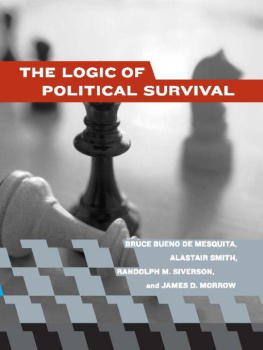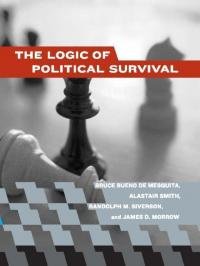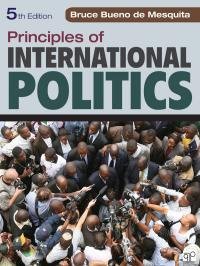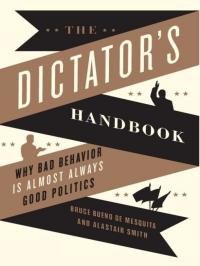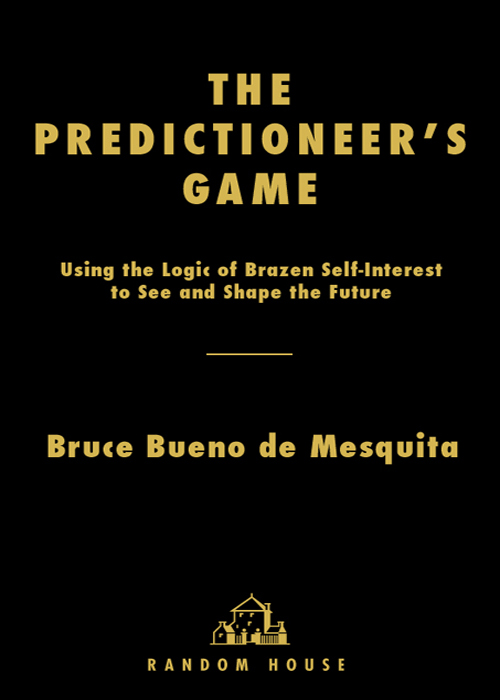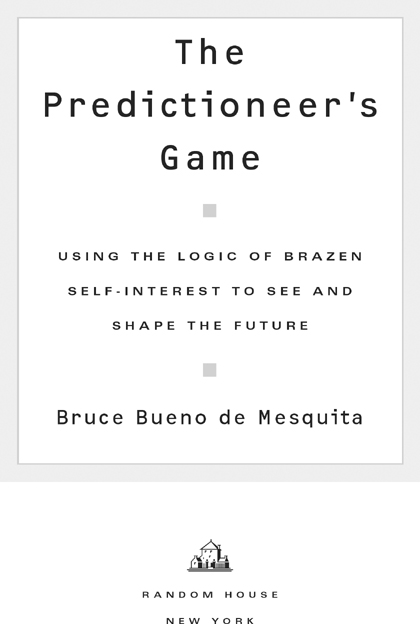Introduction

K ING LEOPOLD II , remembered today as Belgiums Builder King, reigned from 1865 to 1909. A constitutional monarch who, like many of his contemporaries, longed for the bygone days of absolute power, he was nonetheless an unusually influential and activist king who helped make Belgians free, prosperous, and secure.
Belgiums good works during Leopolds reign are almost uncountable. He oversaw the expansion of political freedom with the adoption of universal adult male suffrage in competitive elections, putting his country on a firm footing to become a modern democracy. On the economic front, he encouraged free-trade policies that guided Belgium to remarkable growth. In little Belgium, coal production, the engine of industry in nineteenth-century Europe, rose to such heights that it almost equaled that of France. Social policy too moved briskly ahead. Primary education became compulsory, and with the 1881 School Law, girls were assured access to secondary education. Moreover, Leopolds policies provided greater protection for women and children than was then the norm in most of Europe. Thanks to legislation passed in 1889, children under twelve could not be put to work, and after they turned twelve their workdays were limited to twelve hours, a radical departure from prevailing policy of the time.
When the Belgian economy was racked by a major economic crisis in 1873, Leopold helped improve the lot of the poor with pro-labor reforms, including granting workers the right to strike, a right that was still hotly resisted in the United States half a century later. He promoted truly ambitious public works projects, including massive road and railway construction designed to reduce unemployment, promote urbanization, and increase business opportunities. He was way ahead of Franklin Delano Roosevelt and Barack Obama in recognizing how to stimulate employment and economic prosperity by building up infrastructure.
Leopold was a great reformer at home, a founder of Belgiums long years of peace and plenty.
But then there was the Congo.
Though he never set foot in Africa, Leopold also ruled over the Congo Free State for nearly a quarter of a century (1885-1908). He built his personal wealth in the Congo first by extracting high-priced ivory from the region and then by exploiting the even more lucrative rubber trade that developed there. Unlike in Belgium, there was no chef de cabinet (roughly, prime minister), and no voters among the Congos approximately 30 million people to limit what he could do. Because it was his personal property, Leopold was free to exert the absolute rule he could not have at home. His police, the Force Publique, became the key to governing the Congo. Their job was to extract wealth for him (and for themselves) by ensuring the vast exportation of rubber to meet world demand. This band of butchers was led by a small number of Europeans who kidnapped and enslaved Congolese as soldiers who were in turn responsible for making sure that rubber quotas were met. Slave labor was the Force Publiques preferred mode of production, so its soldiers set about enslaving Congolese men, women, and children.
Leopolds police received low salaries but could earn big commissions by meeting or exceeding their rubber quotas. Unrestricted by any law governing their conduct except, literally, the law of the jungle, and provided with a huge financial incentive through the commission system, these soldiers of sorrow, from the very bottom of the ladder to the very top, used whatever means they saw fit to meet the quotas. The incentives included not only riches for those who succeeded but the severest punishment for those who failed, including beatings and even death. To avoid this fate the police tortured, maimed, and often murdered those below them who threatened (or could be claimed to have threatened) rubber production. Rewarded for killing people allegedly engaged in antigovernment activities and needing to account for every bullet they spent, soldiers quickly took to indiscriminate mutilation of innocent souls as a way to boost their
In contrast to Leopolds progressive policies in Belgium, virtually nothing was invested in improving conditions in the Congo. Roads were built only where they helped move rubber to market. Laws protecting women and children or workers right to strike were unheard of. Much as Leopold worried about protecting the security of his Belgian subjects, he worked to undermine the security of his Congolese subjects. Just about the only items exported to the Congo were weapons for the Force Publique, while vast riches flowed back to Europe. Indeed, it was this extraordinary imbalance in trade that eventually led to the revelation in Belgium that Leopold was growing rich through slavery and much worse. In 1908, the evidence of atrocities reached such a level that they could no longer be denied, and Leopold, with great reluctance, surrendered his control over the Congo to the Belgian government. The ministers certainly did not rule it well, but compared to Leopold, they were a significant improvement.
How could King Leopold II have ruled two places at the same time in such dramatically different manners?
Its easy to blame Leopolds apparent split personalitya progressive in Belgium and a monster in the Congoon some character flaw or on a diseased mind. Its also easy to explain away his horrible rule in the Congo as typical racist behavior. These explanations feel good, but they almost certainly cannot describe the big picture. After all, just think about Mobutu Sese Seko, the Congos latter-day Leopold, the monster in a leopard-skin hat who ruled Zaire (largely what used to be the Congo Free State and is today the Democratic Republic of Congo) for more than thirty years (196597). During that time he bankrupted his country, stole billions of dollars for himself, and murdered hundreds of thousands of Congolese. Surely we cannot blame Mobutus murderous rule on racism. Was he crazy? Probably not, and besides, what are the odds that so many allegedly crazy people would rise to and then successfully cling to power for decades despite their awful rule?
Leopold and Mobutu are far from unusual cases. Even today, the United Nations reports that people caught up in Sierra Leones diamond
Its nice to think that leaders who provide peace and plenty rule for long, happy years, beloved by the people and content to do good for them day and night. But in fact those who want to run a country for a long time are ill advised to go around promoting peace and prosperity. Not that making people well off is inherently bad for leaders; it isnt. Its just that promoting corruption and misery is better. That was well understood by Leopold and Mobutu in the Congo, and is clearly understood today by the governments in places like North Korea, Zimbabwe, Turkmenistan, Chad, Syria sadly, the list goes on.
It so happens that leaders who are really good at giving their people life, liberty, and happiness are, overwhelmingly, democratically elected and therefore face organized political competition. It also so happens that they are routinely thrown out after only a short time in office.


